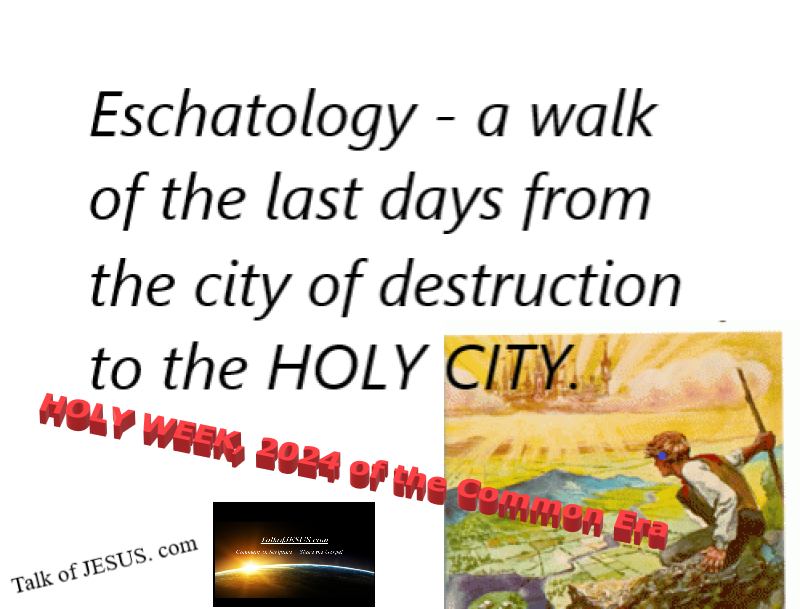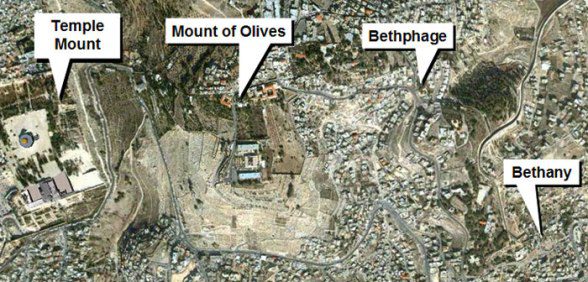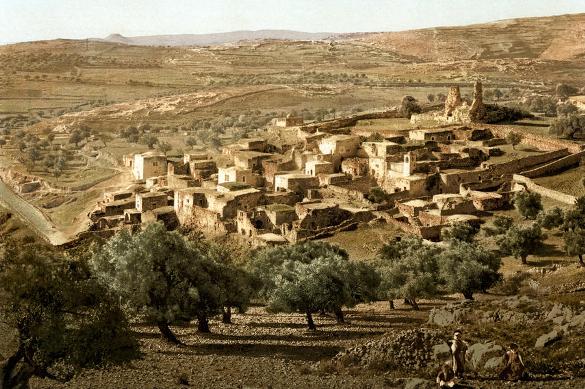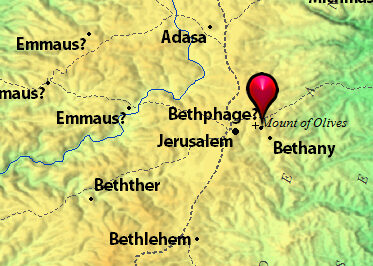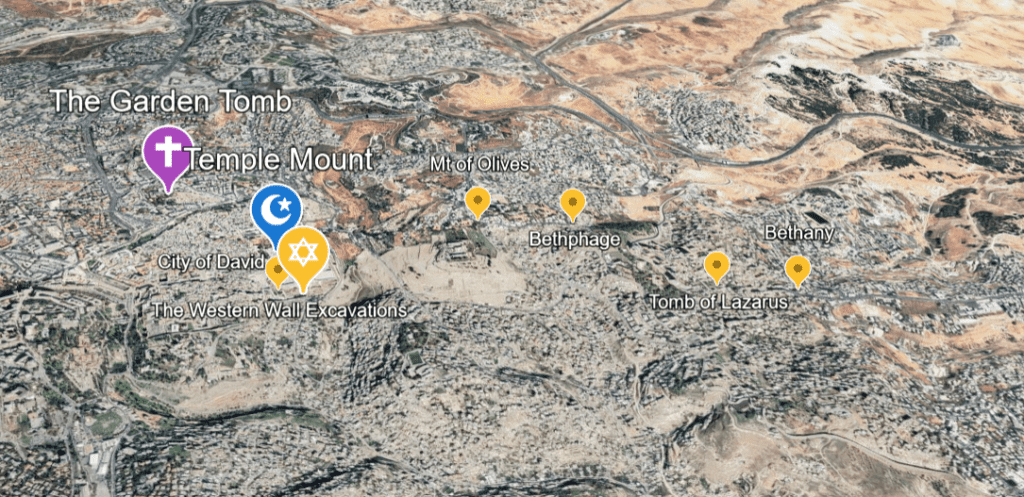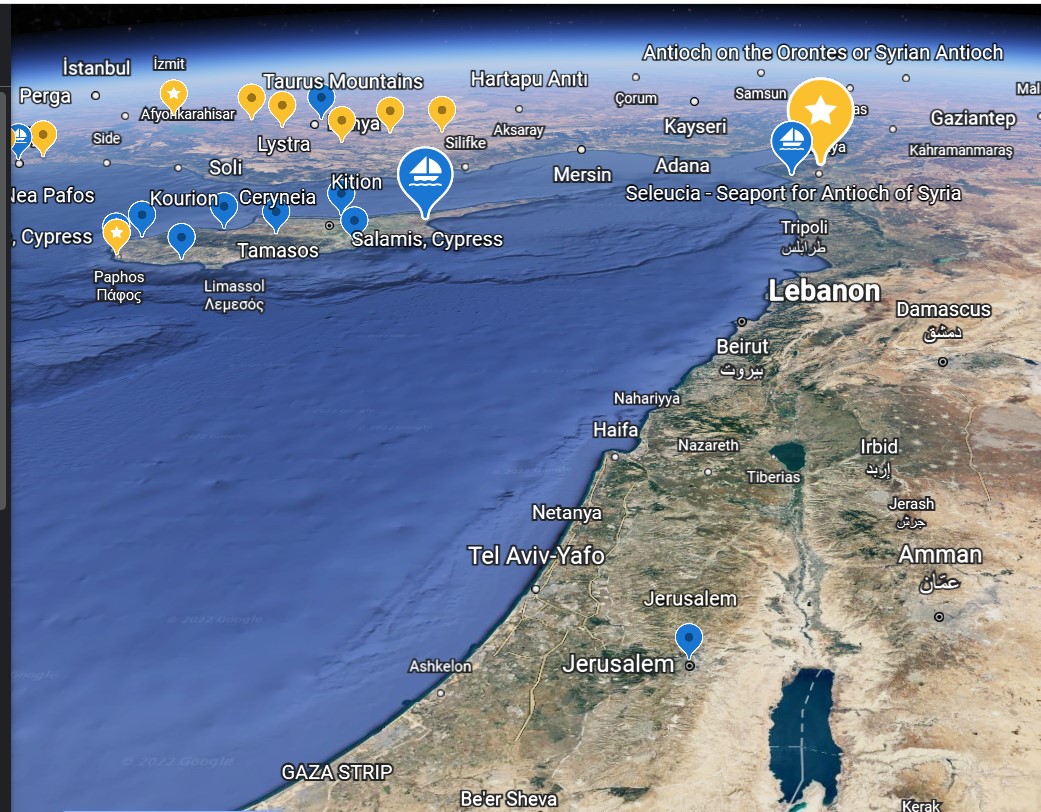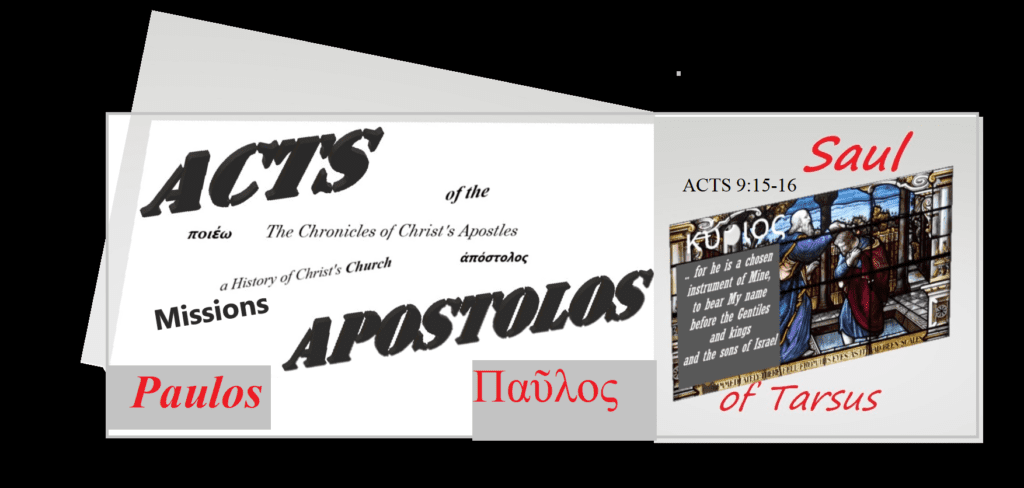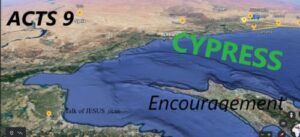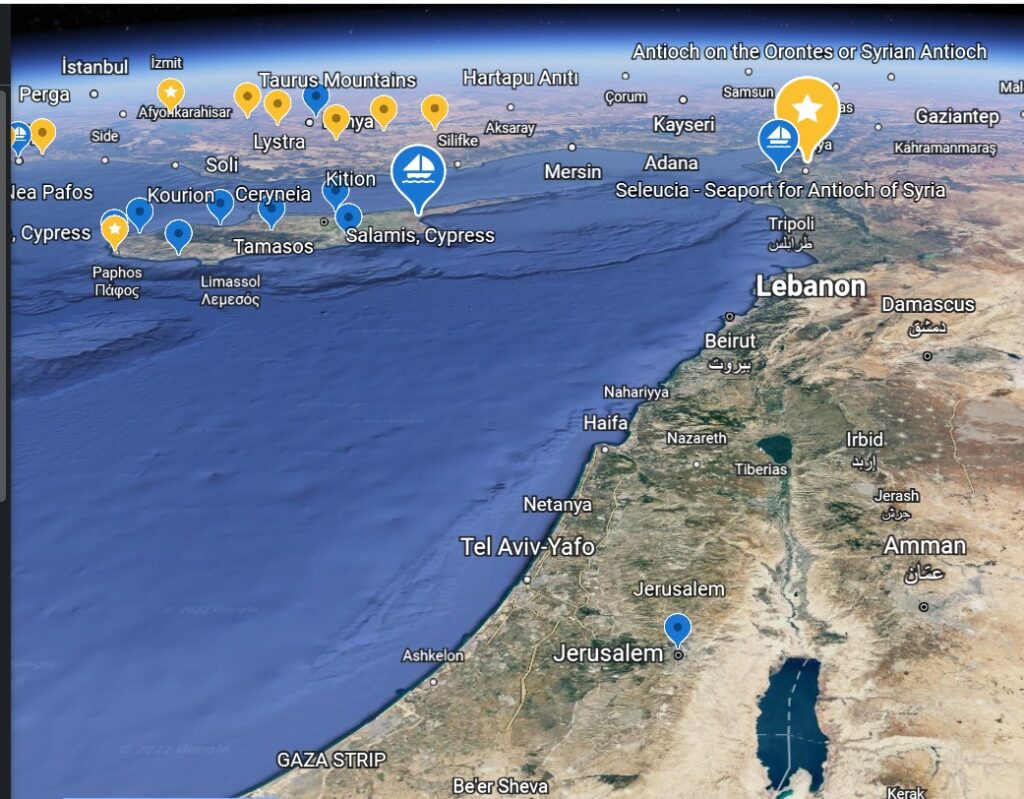KING jesus! KING jesus! The Prophet who drove the money changers out of God’s Temple HAS RETURNED!
Holy Week in the year of our Lord 30
Without noting several significant private events and conversations of this holy week, including Jesus' celebration of the Passover meal with the Twelve; let's look once more at the witness of PUBLIC encounters of the Lord Jesus in the Temple through actual and FICTIONAL witnesses.
And he [Jesus] taught daily in the temple.
Gospel of Luke19:47a Καὶ ἦν διδάσκων τὸ καθ᾽ ἡμέραν ἐν τῷ ἱερῷ
Gospel of Matthew 21: New King James Version
23 Now when He came into the temple, the chief priests and the elders of the people confronted Him as He was teaching, and said,
“By what authority are You doing these things? And who gave You this authority?”
“I also will ask you one thing, which if you tell Me, I likewise will tell you by what authority I do these things:
The baptism of John—where was it from? From heaven or from men?”
No Elder could answer Him. The Prophet from Nazareth then taught us with parables.
Parables in the Temple
28 “But what do you think? A man had two sons.. ‘Son, go, work today in my vineyard.’ He answered and said, ‘I will not,’ but afterward he regretted it and went. .. the second .. said, ‘I go, sir,’ but he did not go.
31 Which of the two did the will of his father?”
33 “Hear another parable:
There was a certain landowner who planted a vineyard and set a hedge around it, dug a winepress in it and built a tower. And he leased it to vinedressers and went into a far country...
.. Then last of all he sent his son to them, saying, ‘They will respect my son.’
Every listening soul knew that Jesus was speaking of the Shepherds of Israel AND knowing that this teacher from Nazareth called Himself a 'Son.'
But when the vinedressers saw the son, they said among themselves,
‘This is the heir. Come, let us kill him and seize his inheritance.’
So they took him and cast him out of the vineyard and killed him.
Gospel of Matthew 21:28-29 – New King James Version
So is this JESUS the coming KING about to conquer Jerusalem from the Herod's (as when HE rode into the city like DAVID)? Will this Teacher also turn the tables on OUR corrupt religious leaders, we wondered?
OTHERS in the TEMPLE also heard Jesus challenge EVERY false philosophy, teachings obligating US to pay indulgences to support their own well-healed corruptness among regular worshipers.
“He will destroy those wicked..
“Have you never read in the Scriptures:
‘The stone which the builders rejected
the Good News of Matthew 21:42 – New King James Version – The Lord JESUS in the Temple, quoting MANY Scriptures to Jewish leaders
Has become the chief cornerstone.
This was the Lord’s doing,
And it is marvelous in our eyes’?
- Psa 118:22
- Isa 28:16
- .. a precious corner stone, a sure foundation: he that believeth shall not make haste.
- Zec 3:8-10
In that day, saith the LORD of hosts, shall ye call every man his neighbour under the vine and under the fig tree.
Zechariah 3 :: King James Version (KJV)
3:10 בַּיּוֹם הַהוּא נְאֻם יְהוָה צְבָאוֹת תִּקְרְאוּ אִישׁ לְרֵעֵהוּ אֶל־תַּחַת גֶּפֶן וְאֶל־תַּחַת תְּאֵנָה׃
- Hab 1:5
- Behold ye among the heathen, and regard, and wonder marvellously: for I will work a work in your days, which ye will not believe, though it be told you.
JESUS IS PREACHING GOOD NEWS TO EVERYONE IN THE TEMPLE -- JEWS AND GENTILES -- BUT NOT SO GOOD for the entrenched rulers of Jerusalem.
Good News of Matthew 22:
And Jesus answered and spoke to them again by parables and said:
“The kingdom of heaven is like a certain king who arranged a marriage for his son..
“For many are called, but few are chosen.”
Gospel of Matthew 22:14 NKJV – Jesus’ parable of the wedding feast
Of the Pharisees (who teach of the resurrection, although some it seems would have us pay them to have Yahweh overlook our sins to earn our way to it) Jesus challenged:
“Why do you test Me, you hypocrites? .. “Render therefore to Caesar the things that are Caesar’s, and to God the things that are God’s.”
The Pharisees also tried to test HIM on the LAW.
36 “Teacher, which is the great commandment in the law?”
Now I was immediately thinking 'FIRST COMMENDMENT'
5:7 לֹא יִהְיֶה־לְךָ אֱלֹהִים אֲחֵרִים עַל־פָּנָיַ׃
‘You shall have no other gods before Me.
The Teacher of the teachers however went straight to the Shammah:
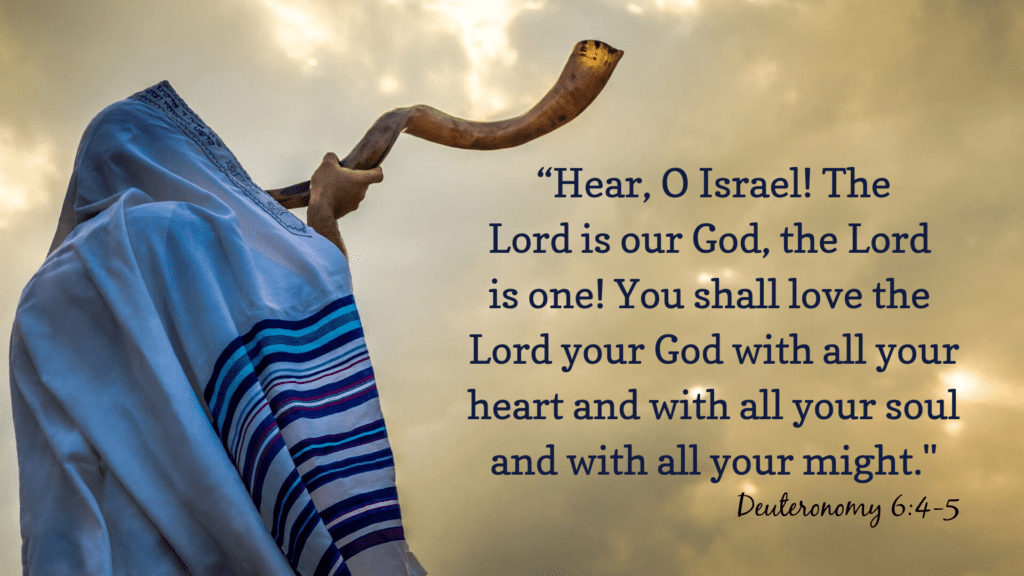
שְׁמַע יִשְׂרָאֵל יְהוָה אֱלֹהֵינוּ יְהוָה אֶחָד׃
Hear, Yisra’el: the LORD is our God; the LORD is one..
“‘You shall love the Lord your God with all your heart, with all your soul, and with all your mind.’
This is the first and great commandment.
And the second is like it:
‘You shall love your neighbor as yourself.’
On these two commandments hang all the Law and the Prophets.”
And just like us, He didn’t think much of the Sadducees either.
“You are mistaken, not knowing the Scriptures nor the power of God.. God is not the God of the dead, but of the living.”
Some who witnessed Jesus’ miracles thought that He might be John the Baptizer risen from death. And other who know Lazarus seemed certain that HE held the power over death because HE IS the Promised One of Israel.
Jesus had asked the Pharisees (who believe the Scriptures about the resurrection):
“What do you think about the Christ? Whose Son is He?”
Matthew 22:42 NKJV
The Pharisees’ very Judaic response about “The Son of David” Jesus proved as quite insufficient. The Pharisees did NOT know who the Christ would be.
Woe to the Scribes and Pharisees and …
Then spake Jesus to the multitude, and to his disciples
Matthew 23:1 King James Version
SO YOU WANT A ‘KING’ JESUS, ALL OF YOU WHO LOVE TO SHOUT OUT ‘HOSANNA‘ WHEN HE ENTERS THE TEMPLE TOWARDS YOU?
* Some quotes below updated for awoke Common Era [christian] hearing.
“But woe to you, scribes and Pharisees, hypocrites! For you shut up the kingdom of heaven against men; for you neither go in yourselves, nor do you allow those who are entering to go in.
Woe to you, ..[who] for a pretense make long prayers.. travel land and sea to win one [*new visitor to your church and life], and when [*they are] won, you make [*them] twice as much [*sons and daughters] son of hell as yourselves.
“Woe to you, blind guides..
For which is greater, the gift or the altar that sanctifies the gift?
He who swears by the temple, swears by it and by Him who dwells in it. And he who swears by heaven, swears by the throne of God and by Him who sits on it.
“Woe to you, scribes and Pharisees, hypocrites! For you pay tithe of mint and anise and cummin, and have neglected the weightier matters of the law: justice and mercy and faith..
“Woe to you [*church leaders & priests]! For you cleanse the outside of the cup and dish, but inside they are full of extortion and self-indulgence. 26 Blind [*Popes and Pastors], first cleanse the inside of the cup and dish, that the outside of them may be clean also.
“Woe to you.. hypocrites like whitewashed tombs.. beautiful outwardly, but inside are full of dead men’s bones and all uncleanness.. outwardly appear righteous.., but inside you are full of hypocrisy and lawlessness.
“Woe to you, Because you build the tombs of the prophets and adorn the monuments of the righteous, and say,
‘If we had lived in the days of our fathers, we would not have been partakers with them in the blood of the prophets.’
Are YOU of the multitudes? OR one of His disciples?
JESUS had hundreds of disciples [followers] and thousands from the crowds in the Temple, multitudes who heard Him preach in this holiest of weeks.
ARE YOU ONE OF THESE? WOULD YOU have been one of the MULTITUDES who shouted, ‘HOSANNA, KING JESUS!’ who tomorrow might side with ‘leaders‘ denying Him, saying with all the world, CRUCIFY HIM! ‘WE have NO KING but Caesar‘?
OR are you NOW a disciple of the Lord Jesus Christ – Jesus the Pascal Lamb of God slaughtered for sinners — a follower who will believe and take up His Cross?
“O Jerusalem, Jerusalem, the one who kills the prophets and stones those who are sent to her!
How often I wanted to gather your children together, as a hen gathers her chicks under her wings, but you were not willing! See! Your house is left to you desolate; for I say to you, you shall see Me no more till you say, ‘Blessed is He who comes in the name of the Lord!’ ”
Matthew 23:37-39 NKJV
Communion with His Apostles
Jesus is about to have some private moments with His closest friends and Apostles — a last meal — Communion… followed by betrayal, prayer, arrest… then a trial of injustice under the veil of darkness.
WHAT WILL YOU SAY IF A FRIEND FROM YOUR LIFE IN THE WORLD ASKS YOU ABOUT JESUS?
IS HE THE CHRIST SENT TO SAVE US?
SAVE ME FROM WHAT?
Talk of JESUS . com
Comment on Scripture – Share the Gospel
